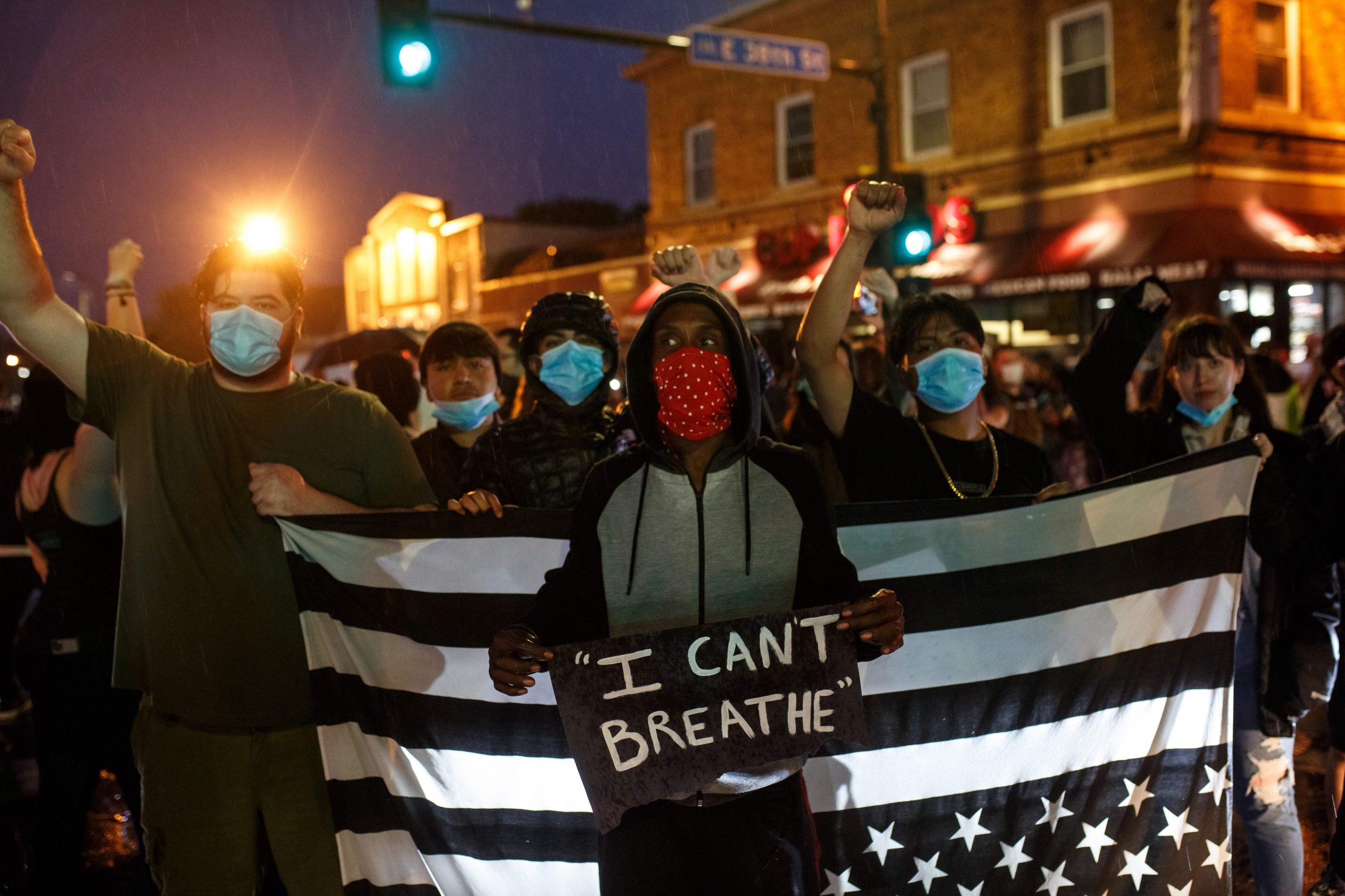A police officer’s knee pressing down on a Black body. This is not foreign to me. George Floyd’s horrific murder was far too familiar. As a young Black girl growing up in the Bronx, New York, I have lived this horrifying reality many times. In 2013, I was under the weight of a police officer’s knee while being arrested. They charged me with two felonies for trying to defend a young person who was being beaten by the police. After eight long months the trial ended with my acquittal, but the verdict brought me no peace. Memories of my experience and that of far too many others are permanently burned into my consciousness. I live with the reality that luck—not justice—saved my life.
It is a different kind of pain when your nation is comfortable playing Russian roulette with your life and the lives of people who look like you. That is the grief that Black people are carrying right now and have carried for the last 400 years. It doesn’t lift. The weight of that grief is heavier right now when in the middle of a pandemic that disproportionately kills Black people, we have to take to the streets to manually move the wheels of justice for Black people murdered by police and vigilantes. We are 155 years since the last enslaved people in the US found out they were free more than two and a half years after the Emancipation Proclamation made it official; and there is still a devaluing and dehumanizing price tag on Black bodies.
This is why we mourn.
It is time to make sure future generations don’t have to mourn or march the way we do. Structural, systemic, state-sanctioned violence against Black people must end. All violence against all Black people. Violence at the hands of the police. Violence inflicted by a corrupt criminal justice system. Violence in the form of gross negligence against low-wage, Black essential workers employed as domestic and fast food workers and in other jobs that do not provide adequate social distancing or personal protective equipment (PPE). Violence that is the result of systems and structures that have intentionally siphoned economic, health, housing, educational, and other resources away from our communities and left them vulnerable. Violence against cis-, transgendered and queer Black people that is sustained by patriarchy. Violence that separates Black immigrant families through detention and deportation.
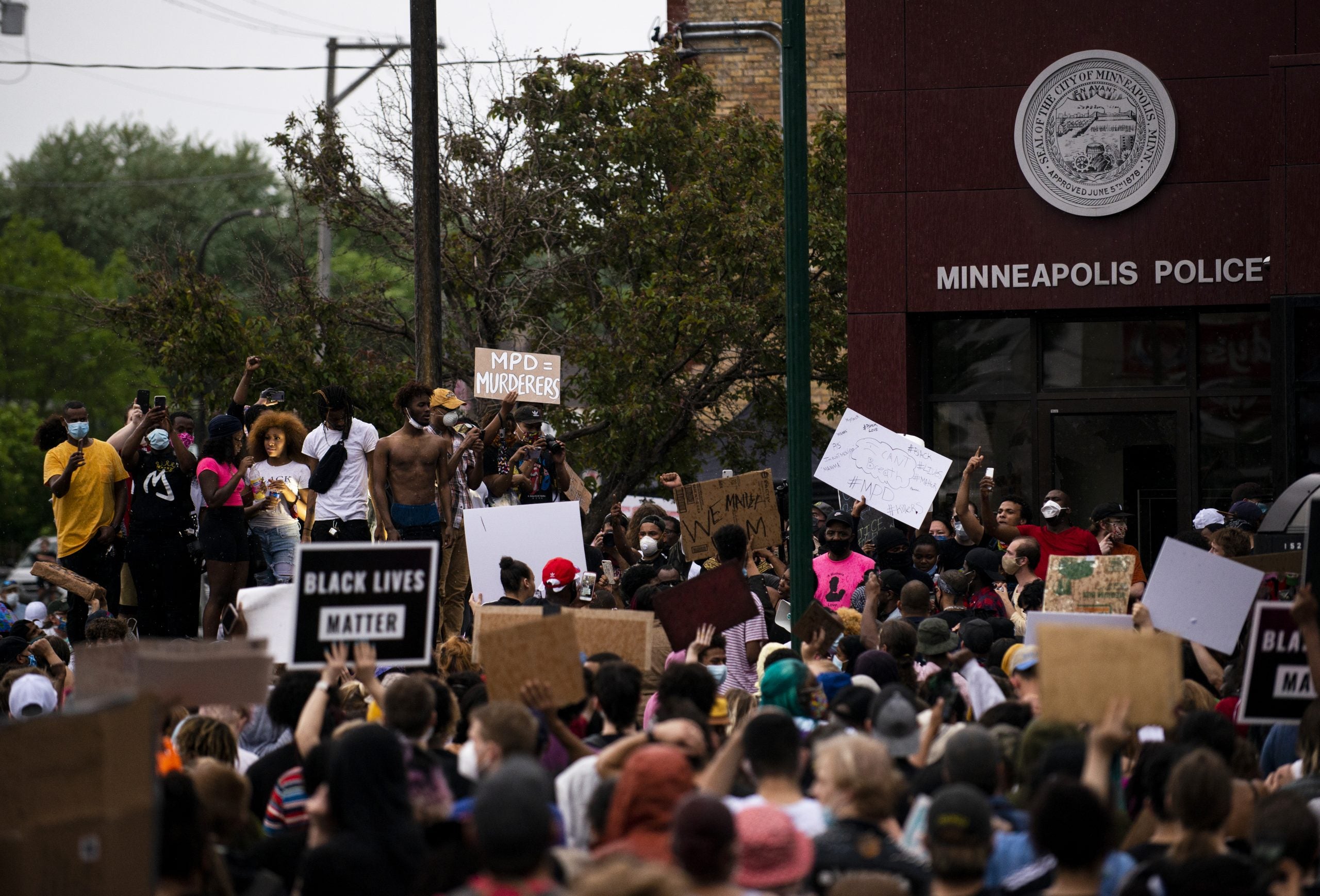
Ahmaud Arbery, Breonna Taylor, Tony McDade, George Floyd, Nina Pop. Rayshard Brooks, and countless others’ murders were the result of converging, compounding intersectional identities that our nation has deemed dangerous, delinquent, deviant, and devoid of worth for centuries.
It is time to close the book on this history. We want a future where Black people are free and our communities flourish.
This is why we march.
Our beautiful, massive global protests in all fifty states and in cities around the world is a call to a Black future where we not only survive, but thrive. We don’t simply demand the righting of one wrong, we demand an imagining of a new world.
What is broken must be rebuilt, not reformed. We have an opportunity to cut spending for police forces that make up colossal portions of city budgets and reinvest those funds in a safety infrastructure collaboratively created with us. We demand an investment in our wellness—-state-of the-art healthcare, educational opportunities, great jobs that support families, and good, affordable housing. We demand a new way of righting wrongs that is deeply grounded in our humanity.
We march—carrying the heavy load of grief, purpose and responsibility—knowing that when you carry any load long enough you grow stronger. Global protests are swelling with solidarity because our ancestors and freedom fighters were right: no one will truly be free in America unless Black people are free. We are growing strong enough to sustain the fight for real change.

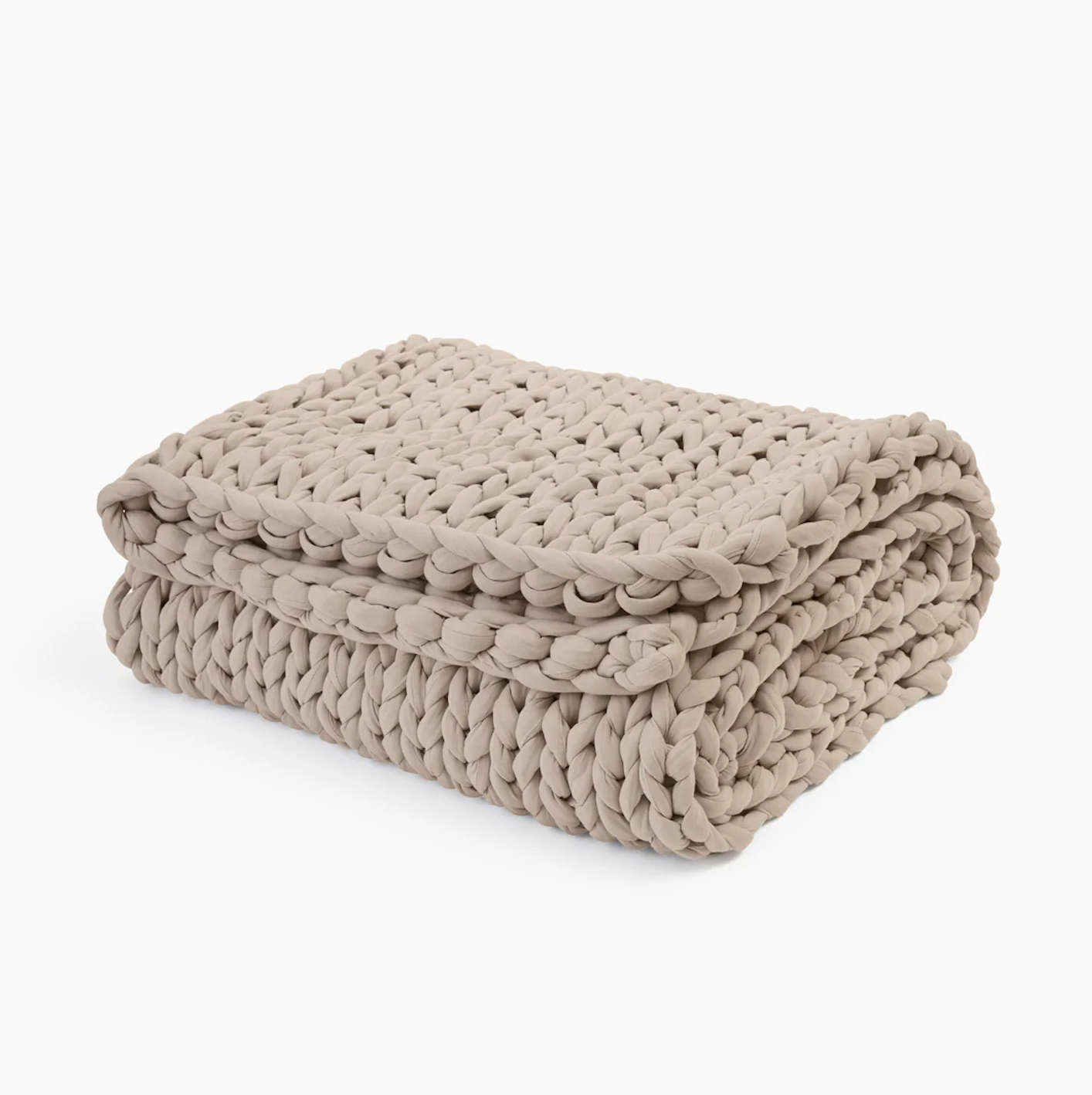


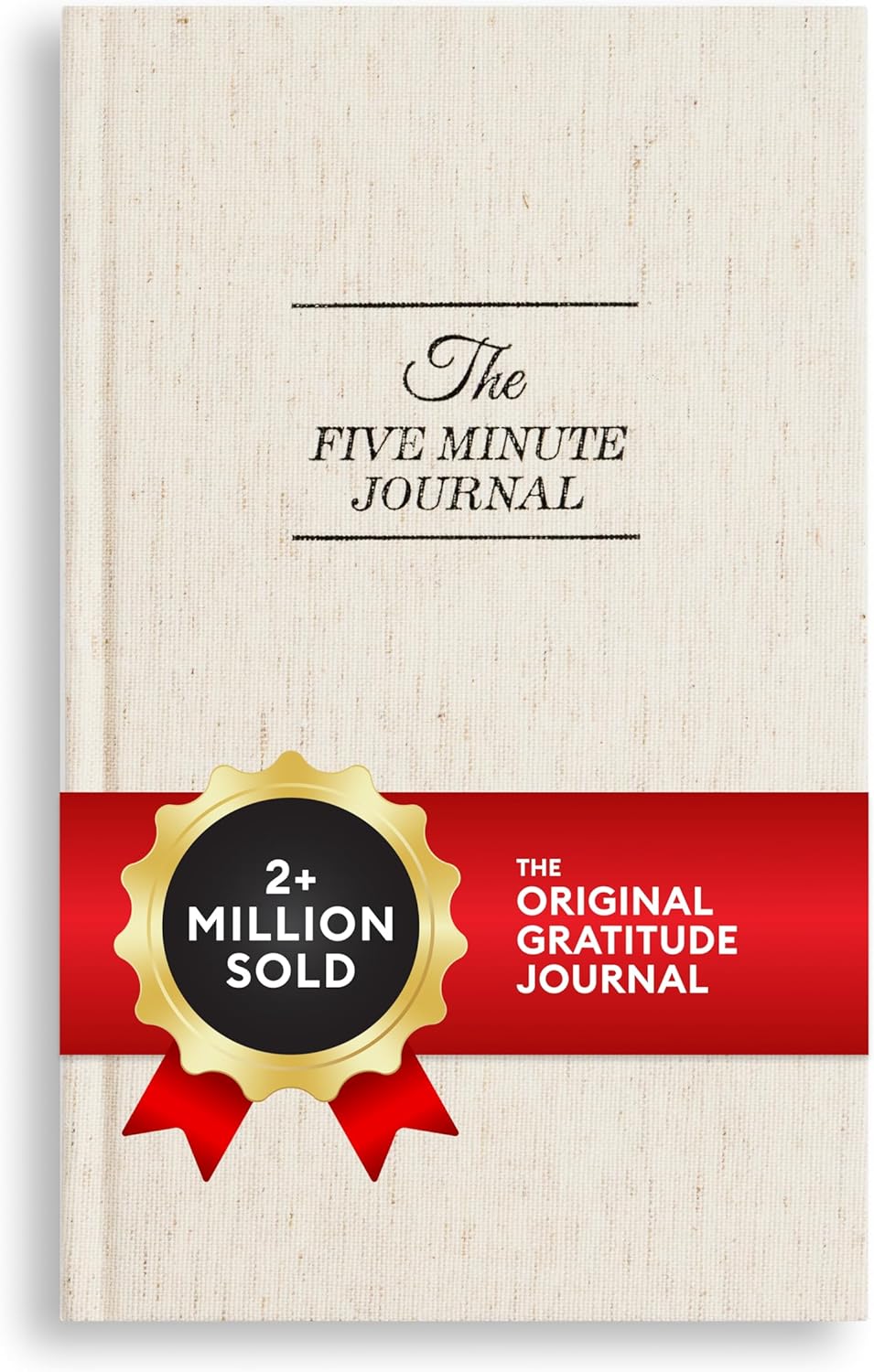
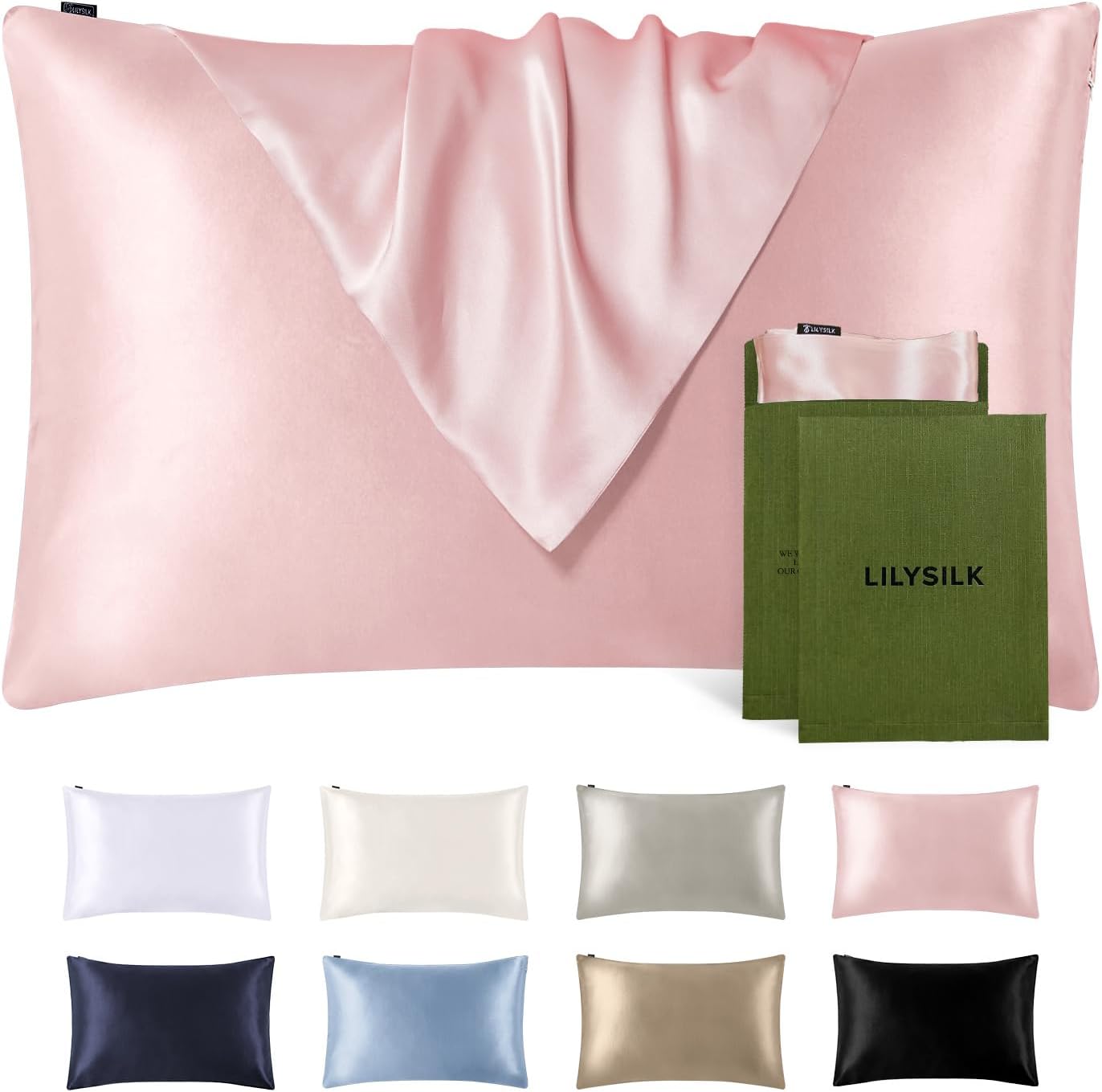

We carry forward our lost and their legacy. We carry forward the fight. We march to make the road to the future we want and deserve.
We march for nothing short of liberation. At last.
Thenjiwe McHarris is a strategist with The Movement for Black Lives. The Movement for Black Lives is a national network of over 150 leaders and organizations creating a broad political home for Black people to learn, organize, and take action.
